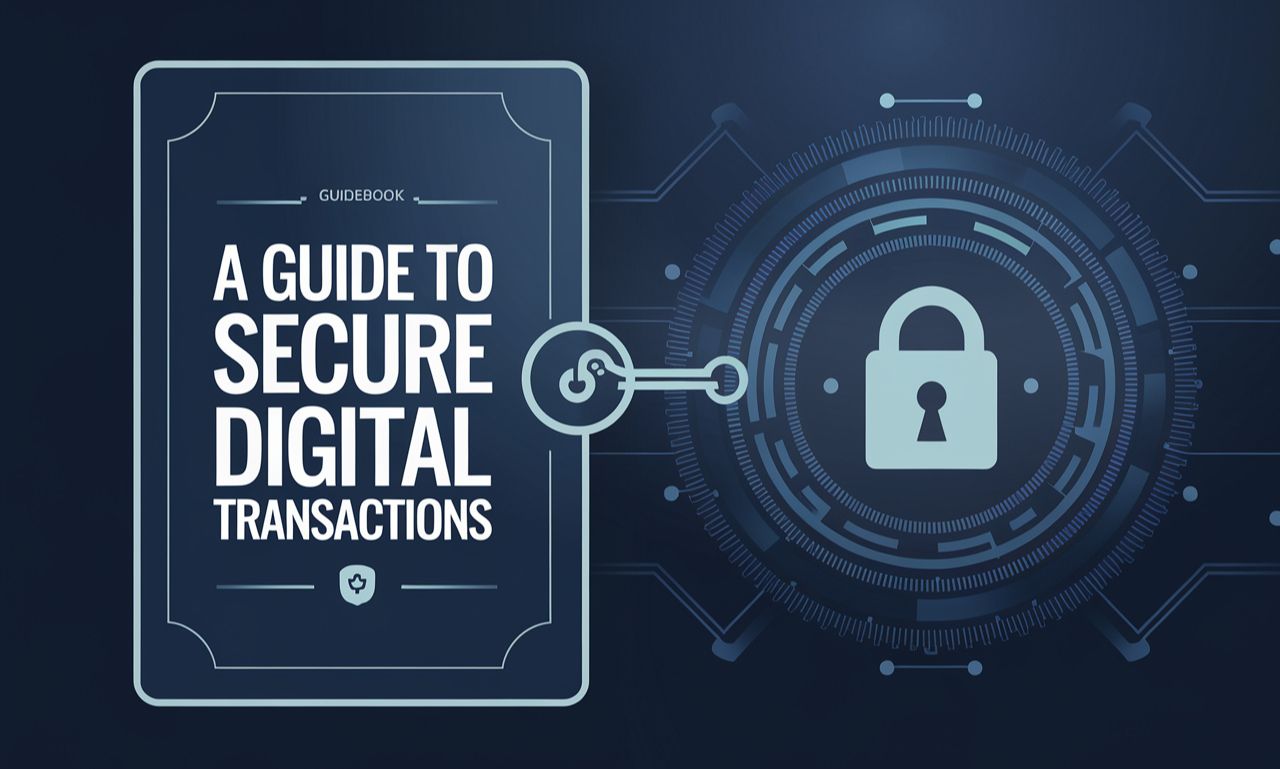Managing multiple debts can be overwhelming, especially when different due dates, interest rates, and payment amounts are involved. traceloans.com debt consolidation offers a streamlined solution, combining multiple obligations into a single loan with a fixed payment. This approach simplifies budgeting, reduces financial stress, and may even lower overall interest rates. Understanding the benefits and process of debt consolidation is essential for making informed financial decisions.
Understanding Debt Consolidation
Debt consolidation involves taking out a new loan to pay off multiple existing debts. Instead of managing various payments, a single monthly installment replaces them. This method is particularly beneficial for individuals struggling with high-interest credit card balances, medical bills, or personal loans.
By consolidating debts, financial obligations become more manageable, often with improved repayment terms. Additionally, reducing multiple creditors to just one can lead to better financial organization and a lower risk of missed payments.
How traceloans.com Debt Consolidation Works
traceloans.com provides a straightforward process for consolidating debts. Borrowers start by assessing their outstanding balances and interest rates. Next, they apply for a consolidation loan that covers these debts. Once approved, traceloans.com disburses funds directly to creditors, leaving the borrower responsible for only one payment.
This process eliminates the confusion of multiple due dates and varying interest rates. Furthermore, it may improve credit scores over time, as timely payments contribute to a positive credit history.
Benefits of Debt Consolidation
Simplified Finances
Managing a single payment instead of several reduces financial stress. Keeping track of one due date ensures on-time payments, lowering the risk of late fees.
Lower Interest Rates
Credit cards and unsecured loans often carry high interest rates. A consolidation loan, especially with a good credit score, may offer a lower rate, decreasing overall costs.
Improved Credit Score
Timely payments and reduced credit utilization positively impact credit scores. With a structured repayment plan, financial health improves over time.
Faster Debt Repayment
Consolidation loans usually have fixed repayment terms. Unlike credit cards with revolving balances, this approach helps borrowers pay off debts within a set timeframe.
Reduced Stress
Financial burdens can be overwhelming. By consolidating debts, stress is minimized, allowing individuals to focus on long-term financial goals.
Types of Debt Eligible for Consolidation
Not all debts qualify for consolidation. Understanding which types can be included helps borrowers determine eligibility.
Credit Card Debt
High-interest credit card balances are among the most common debts consolidated. By securing a lower interest rate, repayment becomes more manageable.
Personal Loans
Multiple personal loans with varying interest rates can be combined into one fixed-rate loan, simplifying monthly payments.
Medical Bills
Unexpected medical expenses can be challenging to manage. Consolidation provides a structured way to handle healthcare-related debts.
Student Loans
While federal student loans have specific consolidation programs, private student loans may be eligible for standard debt consolidation.
Considerations Before Consolidating Debt
Debt consolidation offers many advantages, but some factors must be considered before proceeding.
Credit Score Impact
Applying for a new loan may result in a temporary dip in credit scores due to a hard inquiry. However, consistent payments can lead to long-term improvement.
Loan Terms and Fees
Understanding interest rates, repayment periods, and potential fees is crucial. Some loans may include origination fees or penalties for early repayment.
Financial Discipline
Consolidation is a tool for debt management, not a cure for financial habits. Avoiding new debt accumulation ensures long-term success.
Is traceloans.com Debt Consolidation Right for You?
Debt consolidation is a suitable option for those struggling with multiple high-interest debts. However, it works best when combined with a solid financial plan. Individuals who can commit to structured payments and avoid accumulating new debt benefit the most.
Those unsure about eligibility can consult traceloans.com for guidance. Financial advisors can assess specific situations and recommend tailored solutions.
Alternatives to Debt Consolidation
While consolidation is a powerful tool, other options may also help manage debt effectively.
Debt Management Plans
Nonprofit credit counseling agencies offer structured plans to help individuals pay off debt while negotiating lower interest rates with creditors.
Balance Transfer Credit Cards
For those with good credit, a balance transfer card offering 0% interest for a promotional period may be a short-term solution. However, fees and high post-promotional rates should be considered.
Debt Settlement
Debt settlement companies negotiate with creditors to reduce the total owed amount. While effective, this approach can negatively impact credit scores.
Bankruptcy
As a last resort, bankruptcy offers debt relief but has long-term credit consequences. Consulting a financial expert before considering this option is essential.
How to Apply for traceloans.com Debt Consolidation
Applying for debt consolidation through traceloans.com is a simple process.
Step 1: Assess Your Financial Situation
Evaluate current debts, interest rates, and monthly payments. Understanding the total amount owed helps determine the required loan amount.
Step 2: Check Eligibility
traceloans.com requires applicants to meet specific criteria, such as a stable income and a reasonable credit score. Prequalification tools help estimate loan terms without affecting credit scores.
Step 3: Submit an Application
The online application process requires personal and financial details. Supporting documents, such as proof of income and debt statements, may be necessary.
Step 4: Loan Approval and Disbursement
Once approved, traceloans.com disburses funds directly to creditors. This ensures that debts are paid off, leaving the borrower with only one monthly payment.
Step 5: Manage Your New Loan Responsibly
After consolidation, making timely payments is crucial. Sticking to a budget and avoiding unnecessary expenses help maintain financial stability.
Tips for Successful Debt Consolidation
Following best practices ensures maximum benefits from debt consolidation.
Create a Budget
Tracking income and expenses helps maintain financial discipline. Allocating funds for loan payments prevents financial strain.
Avoid New Debt
Consolidation is most effective when additional debt accumulation is avoided. Using credit responsibly prevents future financial challenges.
Make Extra Payments When Possible
Paying more than the minimum due reduces interest costs and shortens repayment terms. Even small additional payments can make a significant impact.
Monitor Credit Reports
Regularly checking credit reports ensures accuracy. Identifying and resolving discrepancies prevents potential financial setbacks.
Frequently Asked Questions (FAQs) About traceloans.com Debt Consolidation
1. What is traceloans.com debt consolidation?
traceloans.com debt consolidation is a financial solution that allows borrowers to merge multiple debts into a single loan. This simplifies payments, potentially reduces interest rates, and helps improve financial management.
2. How does debt consolidation work?
Debt consolidation involves taking out a loan to pay off multiple existing debts. Instead of managing several payments with different due dates and interest rates, borrowers make one fixed monthly payment to traceloans.com.
3. What types of debt can be consolidated?
Credit card balances, personal loans, medical bills, and some private student loans may be eligible for consolidation. However, secured debts like mortgages and auto loans typically cannot be included.
4. Will debt consolidation lower my interest rate?
If you have a good credit score, a debt consolidation loan may offer a lower interest rate than high-interest credit cards or personal loans. However, the final rate depends on creditworthiness and lender terms.
5. Does debt consolidation affect my credit score?
Initially, applying for a consolidation loan may cause a slight dip in credit scores due to a hard inquiry. However, timely payments and reduced credit utilization can improve scores over time.
6. Can I qualify for debt consolidation with bad credit?
Individuals with lower credit scores may still qualify for debt consolidation through traceloans.com, but interest rates may be higher. Improving credit before applying can lead to better loan terms.
7. Are there any fees associated with debt consolidation?
Some loans may include origination fees, processing fees, or prepayment penalties. Reviewing loan terms carefully helps borrowers understand any potential costs.
8. How long does it take to pay off a debt consolidation loan?
Repayment terms vary based on the loan amount and lender policies. Typical repayment periods range from 12 months to several years, with fixed monthly payments.
9. Can I use a credit card after consolidating my debt?
Yes, but it is advisable to use credit responsibly. Accumulating new debt while repaying a consolidation loan can lead to financial difficulties.
10. Is debt consolidation the same as debt settlement?
No, debt consolidation involves combining debts into a single loan, while debt settlement negotiates with creditors to reduce the total amount owed. Debt settlement may negatively impact credit scores.
11. How do I apply for traceloans.com debt consolidation?
The application process involves assessing debts, checking eligibility, submitting an online application, and providing necessary documents. Once approved, traceloans.com disburses funds directly to creditors.
12. What happens if I miss a payment on my consolidation loan?
Missing payments can result in late fees, increased interest rates, and potential damage to credit scores. Setting up automatic payments or reminders helps ensure timely payments.
13. Is debt consolidation a good option for everyone?
Debt consolidation is beneficial for individuals struggling with multiple high-interest debts and who can commit to regular payments. However, those with minimal debt or poor financial discipline may need alternative solutions.
14. Can I pay off my debt consolidation loan early?
Many lenders allow early payments without penalties, but some may charge prepayment fees. Reviewing loan terms before signing ensures there are no unexpected costs.
15. How do I know if debt consolidation is the right choice for me?
Evaluating financial situations, comparing loan offers, and considering alternative debt management strategies can help determine if consolidation aligns with personal financial goals. Consulting traceloans.com for guidance can also provide clarity.











